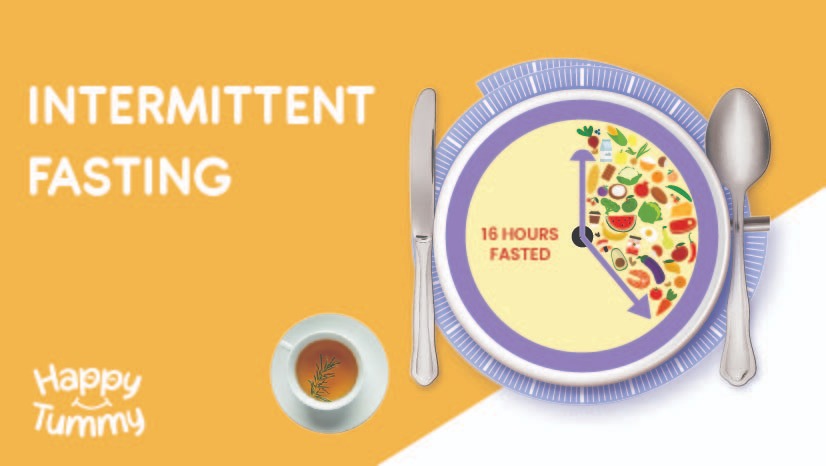
Intermittent Fasting (IF) has become a trending method of losing weight and improving health these days. But do you know that before starting it, it is important to know some things (Intermittent Fasting Tips)? If you are also thinking of starting intermittent fasting, then here are 5 things (Intermittent Fasting Benefits and Risks) you must keep in mind.
What is intermittent fasting?
First of all, let us know what is intermittent fasting. This is an eating pattern in which the time of eating and fasting is fixed. This is not a diet plan, but a fixed time-cycle of eating, like-
- 16:8 Method – 16 hours fast and 8 hours eating period.
- 5:2 Method – Eating normally for 5 days a week and reducing calorie intake for 2 days.
- Eat-Stop-Eat – Keeping a 24-hour fast for 1 or 2 days a week.
This improves metabolism, reduces weight and speeds up the fat burning process in the body.
Benefits of intermittent fasting
There are many benefits of intermittent fasting, which is why people are following it so much.
- Helps in weight loss- During fasting the body uses fat as energy.
- Insulin sensitivity increases – risk of diabetes decreases .
- Cell repair process (autophagy) increases – it repairs damaged cells of the body.
- Beneficial for the brain – improves memory and brain function.
- Improves heart health- Helps control cholesterol and blood pressure.
Who should not do intermittent fasting? (Health Precautions)
Although intermittent fasting has many benefits, it is not right for everyone-
- Pregnant or breastfeeding women
- Patients with diabetes or low blood sugar (without consulting a doctor)
- People who are underweight or have an eating disorder
- People with chronic diseases such as kidney or liver problems
If you have any health condition, then definitely consult a doctor before starting intermittent fasting.
What to eat during intermittent fasting?
Proper diet is very important during fasting. While breaking the fast, include healthy and nutritious foods in the diet, such as-
- Protein rich foods- eggs, chicken, pulses, cottage cheese
- Green vegetables and fiber- spinach, broccoli, oats
- Healthy fats – nuts, avocado, olive oil
- Low-sugar fruits – apples, berries, kiwi
Avoid junk food, processed items and sugary drinks, otherwise you will not get the full benefit of fasting.
Start slowly and let your body adjust
If you are doing intermittent fasting for the first time, do not fast for a long time at once. Start fasting for one or two days a week and gradually increase the time. You may feel tired, irritable or have a headache in the first few days, but the body will gradually adjust.
--Advertisement--

 Share
Share



